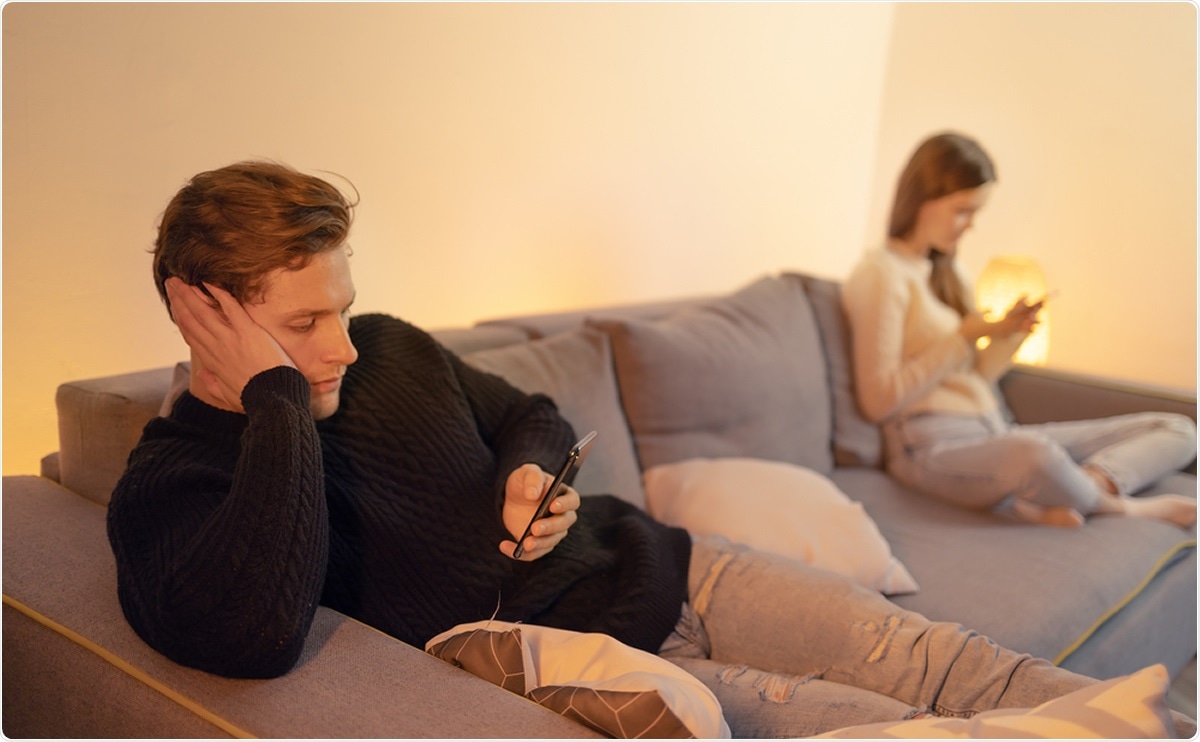The U.S. Centers for Disease Control and Prevention (CDC), along with other health agencies such as the World Health Organization (WHO), recommend that people who may have been in close contact with a coronavirus disease (COVID-19) case should undergo quarantine for 14 days.

Image Credit: Justlight / Shutterstock
A quarantine period is used to keep a person who might have been exposed to the severe acuter respiratory syndrome coronavirus 2 (SARS-CoV-2), the agent that causes COVID-19, away from others. This will help reduce the risk of virus spread. Further, it helps prevent the virus's spread before a person knows they are sick or infected.
The CDC will soon issue new guidelines reducing the number of days close contacts should quarantine following exposure to an infected person.
The Director of the CDC, Dr. Robert Redfield, informed Vice President Mike Pence and the White House Coronavirus Task Force members that the health agency will reduce the number of quarantine days from 14 to about 7 to 10 days.
After seven days, people can end their quarantine if they tested negative for the virus or in ten days if they did not undergo testing.
CDC recommendations
In October, the CDC updated its definition of close contact with a COVID-19 patient. In the past, close contacts were those who spent an extended period with the infected individual. Previously, the CDC stated that a person becomes a close contact if they have to spend 15 minutes of continuous exposure to a person with COVID-19.
However, in the new definition, close contacts should include multiple and brief exposures. The exposures should add up to a total of 15 minutes spent six feet or close to an infected individual.
Who needs to quarantine?
People exposed to a COVID-19 patient need to undergo quarantine, except those who have been infected over the past three months.
The CDC also noted that those who have recovered from the infection might not need to have a quarantine period to get tested for up to three months, as long as they do not develop symptoms.
Close contacts are defined as people who were within six feet of someone who has COVID-19 for a total of 15 minutes or more. They are also the ones who took care of a sick person with COVID-19, had direct physical contact with the person through hugging or kissing, shared eating or drinking utensils, or had been exposed to respiratory droplets when an infected person coughed, sneezed, or talked.
For individuals who have been exposed to an infected person, they are advised to stay at home and monitor their health. They should also watch out for COVID-19 symptoms, including a fever, cough, shortness of breath, and loss of smell or taste, among others.
Still, health experts continue to emphasize the importance of mitigation strategies to stem the virus's spread. Regular handwashing, staying away from crowded places, wearing face masks, and physical distancing can reduce the risk of COVID-19 spread.
Until a safe and effective vaccine against SARS-CoV-2 is widely available, it is crucial to adhere to these guidelines. Many countries have signed emergency use of developed vaccines that are undergoing the last phase of human trials. The United Kingdom, for instance, plans to start vaccination efforts in the coming weeks. The country is the first to approve Pfizer's COVID-19 vaccine, which will roll out next week.
To date, there are more than 64.36 million reported SARS-CoV-2 cases worldwide, with over 1.48 million deaths. The United States reports the highest number of cases, reaching more than 13.9 million, followed by India and Brazil, with more than 9.49 million and 6.38 million cases, respectively.